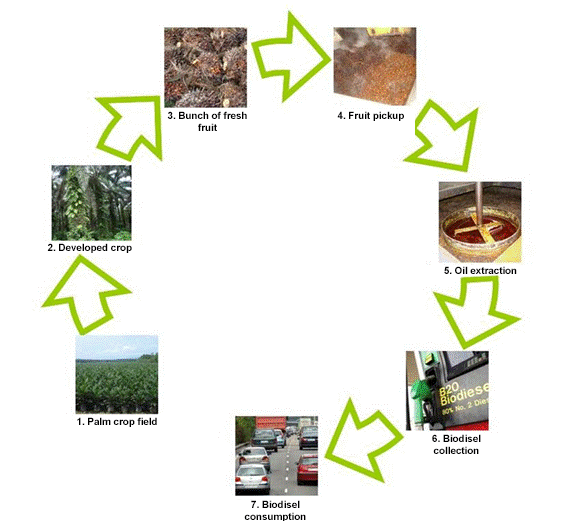Environmental Life Cycle Assessment is a tool used to assess the potential environmental impacts of a product, process or activity throughout its life cycle. The environmental LCA quantifies the use of resources (“inputs” to the system, such as energy, raw materials, water, etc.) and the emissions to the environment (“outputs” on the air, water and land) associated with the system being evaluated.

In industry:
- For the environmental performance of a product, service or technology.
- To evaluate the environmental impacts of some change in the production process.
- To compare products / services / technologies.
In government:
- To develop governmental policies for an adequate balance between consumers, producers, material suppliers, retailers and waste responsible.
- To set priorities based on information about life cycles.
- To identify the legislation requirements for the control of the industry.
- In procurement: Encouraging entrepreneurs to improve their environmental performance.
- Promote that the pricing reflects accurately the costs (environmental degradation, health problems, impacts on other stages of life cycle).
And in our daily lives:
- We can identify non-voluntary impacts of our life style and take action to reduce or avoid them.
